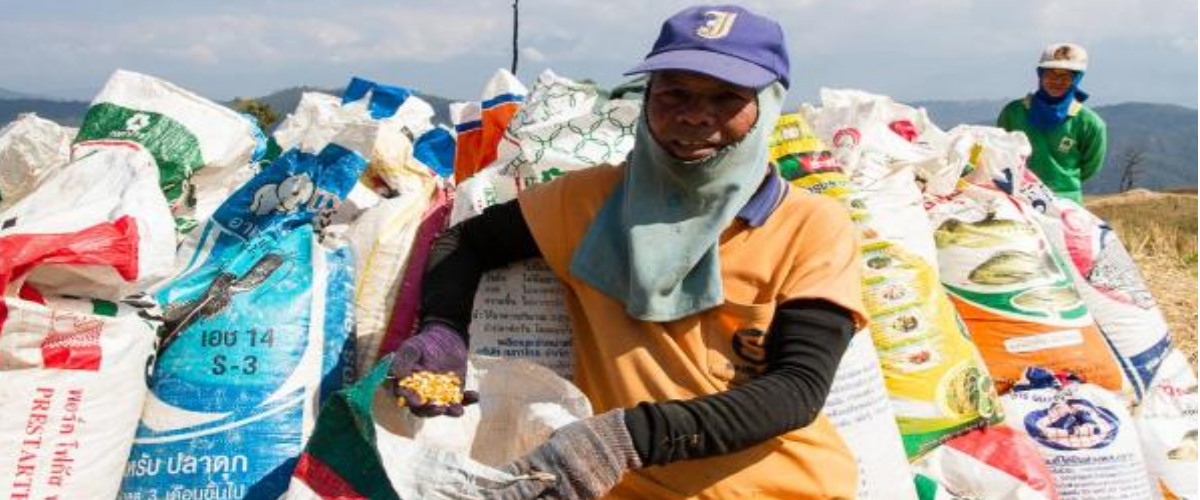
IGDC Seminar: The problem of haze in Northern Thailand from a global food systems perspective
Event details
Abstract
In 2018 haze has once again become a public policy problem in Chiang Mai and the north of Thailand. Largely framed as an environmental problem with human health consequences, the main responsibility for causing the problem has been placed firmly on the practice of upland farmers in the province and across Northern Thailand. This is an argument that fits with an enduring policy narrative that frames environmental problems experienced by downstream urban people as the result of a lack of understanding of the forest and the environment among farmers. Such a framing of the policy problem leads to intervention strategies that are focused on awareness raising and encouraging changes in agricultural practice. However the reasons why farmers do what they do defies such simplistic explanations. The problem itself requires a more holistic, systems oriented analysis that incorporates the dynamics of agrarian change in a marginalised area of the country, and that contextualises local agricultural production practice within an increasingly globalised food system.
Drawing on the case study of Mae Chaem district, this paper argues that haze must be seen in a broader context as a result of emerging global food systems. The case study speaks to policy issues of global significance; the increasingly complex networks of production, exchange and consumption that shape local agricultural practice, and that generate multi-scalar environmental impacts. Addressing these challenges requires conceptual framework and diverse multi-disciplinary research methods that can accommodate both complex social-ecological systems, political ecology and actor-oriented approaches.
This is part of a collaborative project between Dr Richard Friend at the University of York and Chiang Mai University, Thailand. Funded by Newton Fund/British Council Institutional Links, the project is titled: Resilient Food systems: Co-producing Knowledge and Environmental Solutions
About the speaker
Dr Poon Thiengburanathum
Dr Poon Thiengburanathum
Director of the Excellence Centre for Urban Studies and Public Policy, School of Public Policy, Chiang Mai University
Contact
Maria-Eugenia Giraudo & Nicole Beardsworth